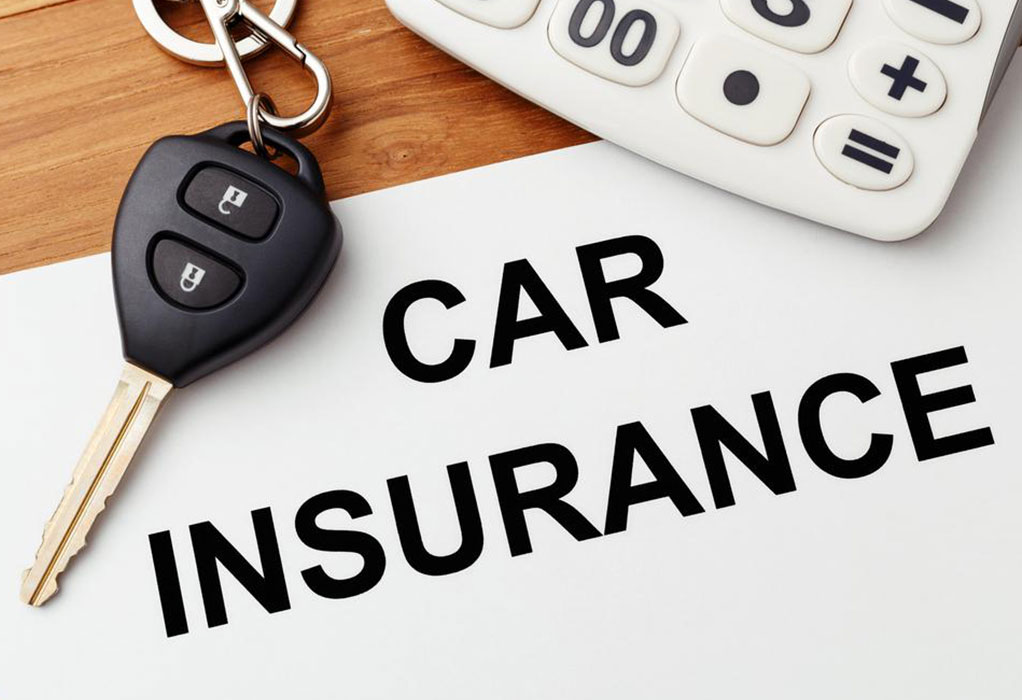Essential Auto Insurance Coverages Explained
This article offers a comprehensive overview of the essential auto insurance coverages in the U.S., including liability, collision, and comprehensive plans. It highlights the importance of understanding coverage options to select the right policy based on individual needs, ensuring proper financial protection while driving. Readers will learn about different liability limits, deductible considerations, and the significance of comprehensive coverage for non-collision damages. Make informed decisions with this guide on auto insurance policies to safeguard your vehicle and finances effectively.

Essential Auto Insurance Coverages Explained
Auto insurance is a legal requirement in nearly every U.S. state, offering financial protection in case of accidents. It functions as a contractual agreement between vehicle owners and insurers, requiring periodic premium payments. The coverage types a policy provides depend on your auto insurance quote. Coverage options include property protection, liability, and medical expenses. Below are the key auto insurance coverages available across the United States:
Liability Coverage: If you're at fault in an accident, liability insurance helps pay for damages to others' vehicles and medical bills for injured parties. Minimum coverage limits differ by state. You can choose from three liability limits: property damage, bodily injury per person, and total bodily injury per accident. The latter covers injuries to multiple individuals affected in a single incident.
Collision Insurance: This covers repairs to your own vehicle after an accident. Selecting an appropriate deductible is crucial, as it determines your out-of-pocket expense before coverage applies. Older cars often do not justify collision coverage due to high premiums and lower benefits.
Comprehensive Coverage: Protects against damages to your vehicle not caused by a collision, such as weather events or falling objects. For instance, if a storm damages your car or a rock causes a dent, comprehensive coverage covers those costs. It is an extension of collision coverage and should be considered based on your needs.
Prioritize understanding your coverage needs to select the best auto insurance policy for your vehicle.










